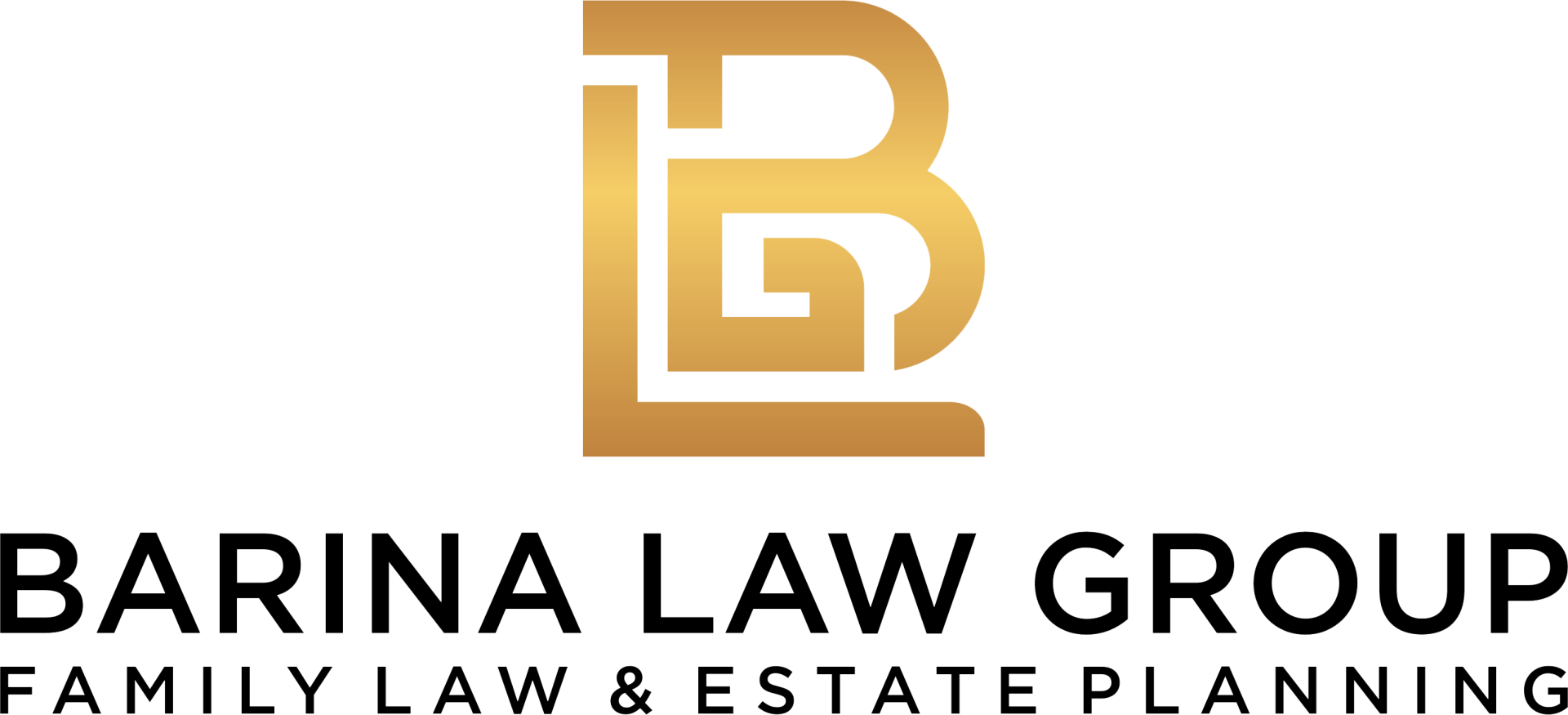Trusts Attorney in Temple Helping Your Family Avoid Probate Court with Supreme End-of-Life Asset Protection
Wills are commonly associated with end-of-life planning more than any other estate option. This isn’t the wrong way to think, though wills aren’t the only legal tool to consider related to asset protection.
Wills and trusts work together to ensure your final wishes are clear, further backed by a trust that holds, protects, and preserves your assets—in life and death.
Trusts might be a more complex estate option. Still, they offer protection and financial benefits in relation to your money, property, and the people you care about most. The groundwork starts with your personal goals at Barina Law Group before discussing wills, trusts, or other estate planning options.
This is truly the heart of the matter—how you define your legacy and how we can help you protect it for the next generation. Trusts are a reliable and secure asset protection option to protect your family, minimize estate taxes and avoid costly probate court.
If you desire less hassle—in life and death—consider Barina Law Group for your estate planning needs. We will help you select the right mix of asset protection options to set you up for success in the long run.
Use our initial consultation to speak with one of our attorneys today: (254) 323-5506.
What is a Trust?
A trust is a personal, fiduciary relationship in which one party—the grantor (or “owner” of the trust) gives another party (the “trustee”) legal permission to hold title, property, and assets for a specific duration of time. There are four types of trusts—living, testamentary, revocable, and irrevocable.
One of the first orders of business related to setting up a trust is asset selection. The type of assets that go into a trust include:
- Bonds and stocks
- Mutual funds
- Tangible investment assets, including money market accounts, cash, checking & savings
- Real estate
- Life insurance policies
- Savings or business accounts not used for everyday bills
- Medical savings accounts
- Partnership assets
- Retirement accounts
- Education funds
A trust goes into effect immediately once property and assets are moved into it. They are a flexible option and a trusted resource if you become ill or disabled; there are tax benefits and specific parameters for asset distribution. With a trust in place, your family will not be subjected to probate court either.
Learn more about trusts, the setup process, and how you can safeguard your family with an initial consultation. Call Barina Law Group today: (254) 323-5506.
Do I Need a Will and a Trust?
A will is a communication vehicle that lays the foundation for your assets, how you want them distributed, and any final wishes, such as funeral arrangements. It’s a playbook for your executor and family members to help carry out your legacy as you envision it.
There are critical components to a will, including:
- A letter of intent and personal information to validate the will
- A general list of property, assets, and belongings
- Beneficiaries or heirs and who should receive your assets
- An executor to execute your will
- Legal guardianship for any minor children
- Witnesses to ensure authenticity
There is a relationship between a will and a trust in that a will communicates the how and the what, and the trust is the vessel, so to speak, that preserves your assets for a specific timeframe.
Unless you have a small estate in Texas—less than $75,000 in property, all wills must go through the probate process first for validation, unbeknownst to most people. On the other hand, a trust is private and does not need to go through the probate process as the trust “owns” the assets.
This is a huge perk if you are looking for privacy and less legal—and often costly and time-consuming—legal hassle. A will and a trust together will ensure your assets get into the right hands.
Who is in Charge of a Trust?
When planning a trust, you select a trusted party known as a “trustee.” Many people choose a spouse or a significant other to handle this responsibility. Once assets have been transferred, a trustee is responsible for administering and operating the trust. A trustee’s responsibilities include:
- Honoring all fiduciary tasks, as outlined according to the grantor’s wishes, exclusively
- Staying impartial in all dealings with beneficiaries
- Investment and protection of the assets in the trust
- Tax return filings
- Reporting and communicating with the beneficiaries
- Making income and principal distributions as permitted by the trust
Say, for example, you get into a severe accident and can’t speak or make decisions for yourself any longer; your trustee can step in and enforce the trust and manage it after your death until the assets are depleted.
We can help you determine the right trust for your needs. Revocable or living trusts are the most popular and flexible type of trust and allow you to cancel at any time, put more assets into the trust, make changes and sell off property or items before death.
On the other hand, irrevocable trusts are a perfect option to shield your assets from creditors and taxes. Our estate planning attorneys with Barina Law Group will help you make the right choices regarding a trust.
Are There Any Disadvantages of a Trust?
Like anything in life, there are benefits and disadvantages. Historically, trusts have been misunderstood as only an option for wealthy individuals; they are more complex by nature and slightly more costly than a simple will. Also, there is necessary—and legal—recordkeeping, so the administration component can be burdensome.
There are four types of trusts; living trusts, for example, do not protect you from creditors, and it can be challenging to refinance trust property. Irrevocable trusts, however, can protect certain assets from creditor access.
Our attorneys can clear up any confusion or concerns regarding a trust and will outline the pros and cons for your consideration before making any big decisions. With more information and transparency, the drawbacks won’t be much of a concern if your goal is privacy, fewer taxes, no probate court, and flexibility.
Trusts aside, when you focus on overall estate planning—a more comprehensive overview of asset protection—you can leverage a collection of legal tools, including a will, guardianship designation, healthcare power of attorney, beneficiary designations, and durable power of attorney to protect more than your assets, but your medical treatment and healthcare needs at the end of life. That’s a powerful combination.
When you need logical and assertive legal guidance regarding one of the most critical life decisions, choose Barina Law Group for valuable insight, resources, and experience in end-of-life planning. We can help you make the tough decisions so you can sleep better at night knowing your family is taken care of. Contact us today: (254) 323-5506.


 CALL US NOW
CALL US NOW






